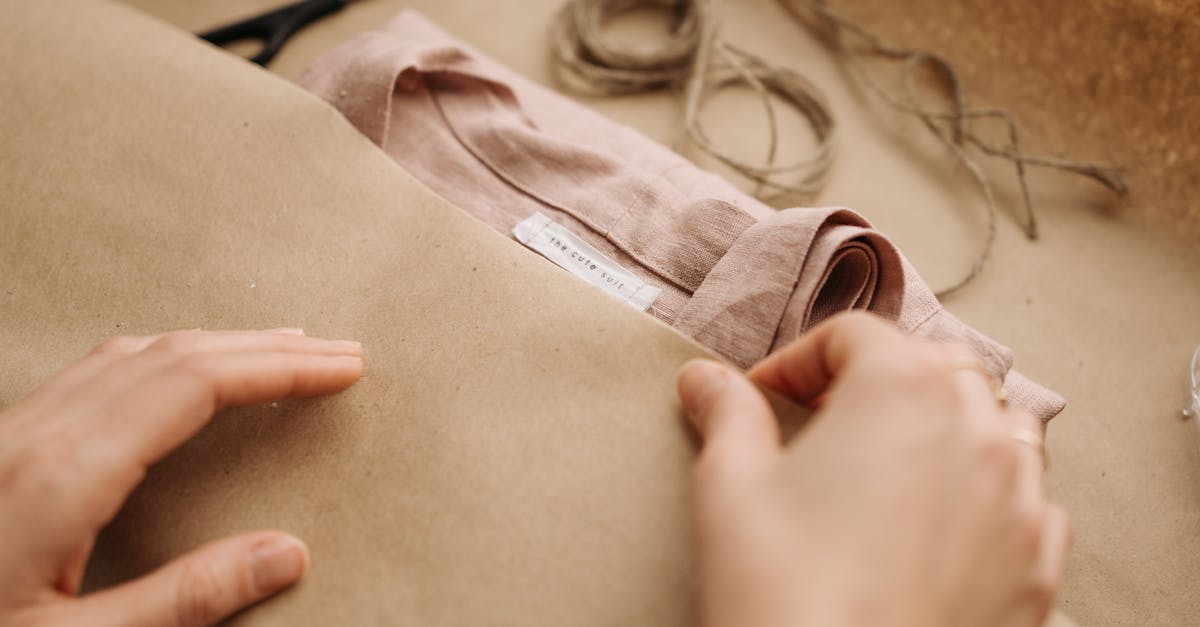Sustainable Fashion The Future Of Eco Friendly Clothing
Introduction
In recent years, sustainable fashion has taken center stage as a response to the environmental impacts of traditional clothing production. Balancing style with environmental responsibility, it offers an alternative that is both trendy and eco-friendly. Understanding the nuances of sustainable fashion is essential for consumers who want to make more informed choices.
Advertisement
What is Sustainable Fashion
Sustainable fashion refers to a movement aimed at fostering environmental integrity and social justice within the fashion industry. It encompasses practices that reduce waste, decrease carbon footprints, and ensure fair wages for workers. Brands committed to sustainability focus on using organic or recycled materials and innovative production techniques.
Advertisement
The Environmental Impact of Fast Fashion
Fast fashion, characterized by the rapid production of cheaply made clothing, has contributed to a significant environmental footprint. The industry is responsible for 10% of global carbon emissions and is a major consumer of water resources. Sustainable fashion seeks to mitigate these impacts by promoting eco-friendly alternatives and recycling initiatives.
Advertisement
Ethical Labor Practices
Beyond environmental concerns, sustainable fashion emphasizes the importance of ethical labor practices. Many conventional clothing manufacturers exploit workers through low wages and poor working conditions. Sustainable brands intend to ensure their supply chains are transparent and workers receive fair wages and safe environments.
Advertisement
Materials in Sustainable Fashion
The choice of materials plays a vital role in reducing the environmental impact of clothing. Sustainable fashion champions the use of organic cotton, hemp, and recycled fabrics, all of which require less water and energy. Innovative materials like mushroom leather and pineapple fibers are also making their way into eco-friendly collections.
Advertisement
Sustainable Fashion for Everyone
Sustainable fashion is no longer a niche market. From high-end designers to affordable brands, the industry is making eco-friendly clothing accessible to all. More brands offer stylish, durable, and ethically produced garments to meet the growing consumer demand for sustainability.
Advertisement
The Role of Consumers
Consumers play a crucial role in the success of sustainable fashion. By choosing to purchase from eco-friendly brands, they signal to the industry the importance of sustainable practices. Additionally, buying second-hand or engaging in clothing swaps can further reduce the fashion industry's environmental footprint.
Advertisement
Technological Advancements in Fashion
Technology is playing an increasingly important role in revolutionizing sustainable fashion. Digital tools allow for precision in manufacturing, reducing waste during production. Furthermore, developments like 3D printing and fabric recycling technologies continue to pave the way for more sustainable clothing solutions.
Advertisement
Challenges and Opportunities
While sustainable fashion offers many benefits, challenges remain. Issues such as higher production costs and consumer skepticism need addressing to make sustainability mainstream. However, as awareness grows, opportunities for innovation and collaboration among brands and consumers continue to expand.
Advertisement
Conclusion
Sustainable fashion stands as a promising avenue for reducing the environmental impact of the clothing industry. By supporting eco-friendly practices and ethical production, consumers contribute to a more sustainable future. With ongoing innovations, sustainable fashion is poised to grow, offering both style and responsibility.
Advertisement

